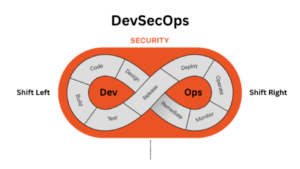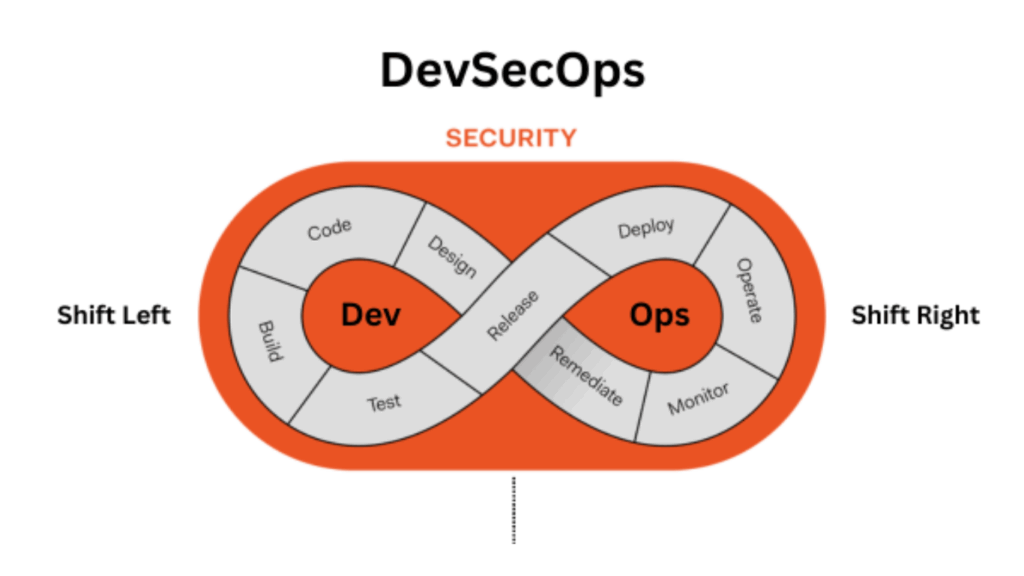We’ve talked about why organisations looking to use Lean-Agile practices need to foster a culture that values that manner of working. POETIC Leadership We then talked about what that culture looks like and how to build it, starting with the individual and moving on to organisational levels. To learn more, check out the free agile training.
E – Emotional
Making decisions should not be influenced by emotion, especially for leaders. However ignoring the significance of emotion’s role in worker engagement, productivity, and operational efficacy would be a mistake. That’s why emotional intelligence has become more important in recent years. An excellent leader will prioritise creating a culture of deep regard for people, emotional empathy, and psychological safety in order to enable Lean-Agile methods of working.
Deep Respect For People
Because they have a great deal of respect for people, emotional leaders foster a culture of trust and cooperation inside their organisations as well as a happy and encouraging work environment.
Emotionally attuned leaders convey that they value the opinions and contributions of every person. Employees may feel appreciated and supported as a result, and trust and rapport may be developed.
Leaders who have a strong sense of regard for people can also assist their teams in building more varied and inclusive environments where staff members feel like they belong. Better performance, elevated morale, and greater job satisfaction can result from this.
Emotional Empathy
The capacity to comprehend and feel another person’s feelings is known as emotional empathy, and it is demonstrated by effective leaders. It calls on people to be aware of another person’s emotional condition and to react to it in a constructive and suitable manner.
High emotional empathy individuals are frequently adept at helping others feel understood and supported and are able to form close emotional bonds with others. As it can help them establish rapport and trust with their team members and foster a pleasant, encouraging work atmosphere, this can be a very useful ability for leaders.
Psychological Safety
Psychological safety is embodied in the workplace and surroundings created by leaders possessing great emotional intelligence.
A workplace where people feel free to express themselves and their views without worrying about backlash or unfavourable outcomes is known as psychologically safe. Trust, respect, and inclusivity are common characteristics of this kind of atmosphere, which encourages team members to take chances and make errors without worrying about facing consequences or exclusion.
Because it truly enables team members to completely engage with their work and to provide their best ideas and efforts, psychological safety is vital. Additionally, it enhances teamwork, fosters innovation, and raises productivity levels both inside the team and the organisation.
T – Team thinking
An additional facet of proficient leadership in a Lean-Agile setting is adopting a mindset that centres around the team as a whole, rather than just the members. This incorporates the team members’ mindsets and attitudes as well as those of the team leader. Decentralisation of decision-making, team ownership, team motivation, and an emphasis on long-lasting teams are all important factors to take into account.
Team Motivation
Leaders who practise team thinking recognize the importance of forming and inspiring teams. Agile teams usually have a strong sense of self-motivation, autonomy, and accountability for their work. There are, nevertheless, a few strategies a leader can use to inspire the group and keep everyone focused on the task at hand.
First and foremost, team members should have clear goals and objectives from their leaders, who should also periodically update them on their progress. Team members may benefit from this by understanding how their efforts affect the organisation’s overall performance and being able to maintain motivation and focus.
Leaders ought to honour and thank team members for their contributions to the group’s objectives. This can involve offering chances for professional development and advancement as well as recognizing people for their efforts and accomplishments.
All things considered, the secret to inspiring agile teams is to give them the tools and encouragement they require to take responsibility for their work as well as to acknowledge and honour their contributions to the company’s success.
Team Ownership
Team Thinking Leaders must foster team ownership.
The concept of “team ownership” describes how the team manages every facet of product creation from the beginning to the end. This entails establishing objectives and goals, creating plans and tactics to reach those goals, and accepting responsibility for the labour required to finish the project.
Because it enables teams to become adaptive and flexible, react swiftly to obstacles and changes, and foster the continuous need for teamwork, team ownership is crucial. The team members’ rapport and trust are strengthened as a result.
Leaders should empower team members to take on leadership responsibilities at all levels and make decisions on their work in order to promote a feeling of team ownership. In addition to providing the tools and resources required, leaders should foster a culture where team members feel appreciated. Strong feelings of ownership may result from this, which may enhance output and produce better results.
Decentralised Decision Making
Decentralised decision-making is a must for leaders who use Team Thinking. Leaders are not required to make every choice. The teams and individuals closest to the situation often possess greater knowledge and experience when making decisions. It is imperative for leaders to establish unambiguous goals, objectives, rules, and decision-making frameworks.
Decentralised decision-making has the potential to empower teams and make businesses more responsive and flexible, which enhances performance and produces better results. While the team shouldn’t make every decision, it should make those that are common and in areas where the team has the most expertise.
Long-Lived Teams
Leaders in the Team Thinking movement must recognize the importance of enduring teams. Long-lived teams working on long-lived products are the goal of Lean-Agile organisations.
Long-lasting teams are extremely beneficial to organisations because they can minimise the time and costs associated with forming and dissolving teams on a regular basis for different tasks. When team members learn more about each other’s strengths and shortcomings and become more adept at collaborating, it can result in more reliable and excellent outputs.
Long-lasting teams can also give their members a sense of security and support, which can boost morale and increase job satisfaction. Consequently, there is an increase in dedicated and engaged workers and a stronger ability to retain top personnel.
All things considered, long-lasting teams can provide businesses with a number of advantages, such as enhanced cooperation, lower decision-making costs, and more worker satisfaction.
POETIC Leadership Conclusion
Check out the Agile training online to learn more.





























